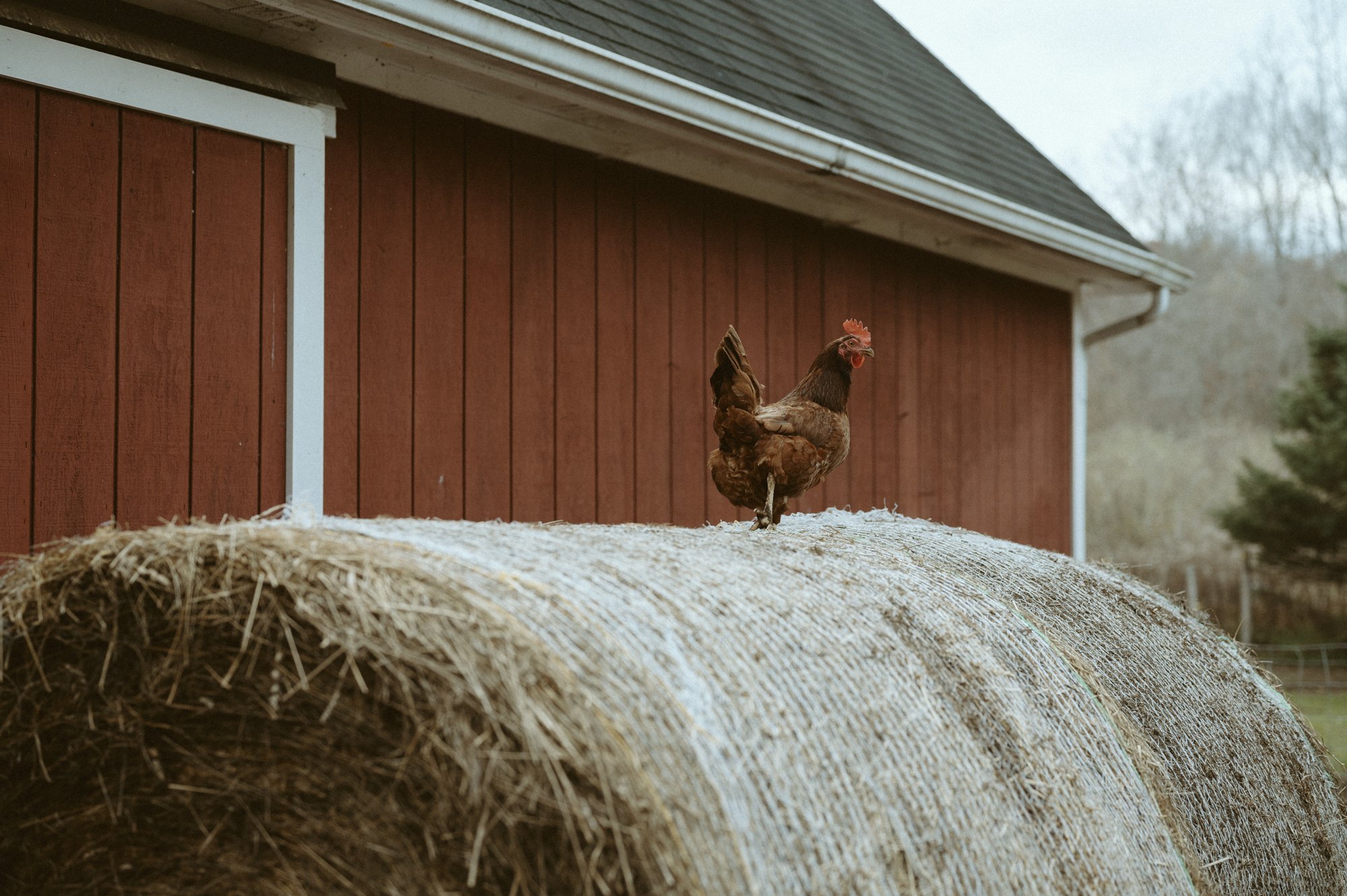The Vitality of Corn-Free and Soy-Free Eggs: Understanding Their Importance
The Vitality of Corn-Free and Soy-Free Eggs: Understanding Their Importance
In recent years, there has been a surge in awareness regarding the quality of our food and its impact on health. Among the many concerns that have surfaced, the sourcing and composition of eggs have come under scrutiny. With the rise of dietary restrictions and health-conscious consumers, the demand for corn-free and soy-free eggs has seen a notable increase. But what exactly makes these eggs stand out, and why are they gaining such prominence?
The Concerns Surrounding Conventional Eggs
Conventional egg production often involves feeding hens diets rich in corn and soy. While these grains are inexpensive and widely available, they come with potential downsides. Corn and soy are frequently genetically modified, which raises concerns about the long-term health effects of consuming products derived from these sources. Additionally, they may contain traces of pesticides and other chemicals used in conventional farming practices.
Moreover, individuals with sensitivities or allergies to corn or soy can experience adverse reactions when consuming products derived from hens fed these grains. This has led many consumers to seek alternatives that align with their dietary restrictions and health goals.
The Rise of Corn-Free and Soy-Free Eggs
Corn-free and soy-free eggs can offer a solution to these concerns. Hens raised on diets free from corn and soy produce eggs that are not only suitable for individuals with sensitivities but also perceived as healthier overall. By eliminating these common allergens from their diets, the eggs they produce are purer and more natural, appealing to a growing segment of health-conscious consumers.
Nutritional Superiority
Beyond catering to dietary restrictions, corn-free and soy-free eggs are often touted for their superior nutritional profile. Studies suggest that eggs from hens raised on diverse diets, which include foraging for insects and plants, are richer in essential nutrients such as omega-3 fatty acids, vitamins A and E, and beta-carotene. These nutrients play vital roles in supporting overall health, including cardiovascular function, immune response, and vision.
Lower in Polyunsaturated Fatty Acids (PUFA)
One notable aspect of corn-free and soy-free eggs is their lower content of polyunsaturated fatty acids (PUFA). While PUFA are essential fatty acids, excessive intake, especially of certain types like omega-6 fatty acids found in abundance in corn and soy, has been linked to inflammation and various chronic diseases. By sourcing eggs from hens on diets devoid of these grains, consumers can significantly reduce their PUFA intake, promoting a healthier balance of fatty acids in their diet.
Supporting Ethical and Sustainable Practices
Choosing corn-free and soy-free eggs also aligns with ethical and sustainable agricultural practices. By opting for eggs sourced from hens raised on diversified diets, consumers support farming methods that prioritize animal welfare and environmental stewardship. Such practices typically involve allowing hens access to outdoor areas where they can forage and engage in natural behaviors, promoting their well-being and reducing environmental impact. Our hens free range our property and pastures.
Conclusion: Embracing Quality and Conscious Consumption
In a world where food choices profoundly impact our health and the planet, the significance of opting for corn-free and soy-free eggs cannot be overstated. These eggs not only cater to dietary restrictions but also offer a higher nutritional value and support ethical and sustainable farming practices. By making informed choices and prioritizing quality and consciousness in our consumption habits, we contribute to a healthier future for ourselves and the environment.
As consumers continue to seek transparency and authenticity in their food, the demand for alternatives like corn-free and soy-free eggs will likely continue to grow. Ultimately, embracing such options is not just about what we eat but also about the values we uphold and the impact we wish to have on our bodies and the world around us.

